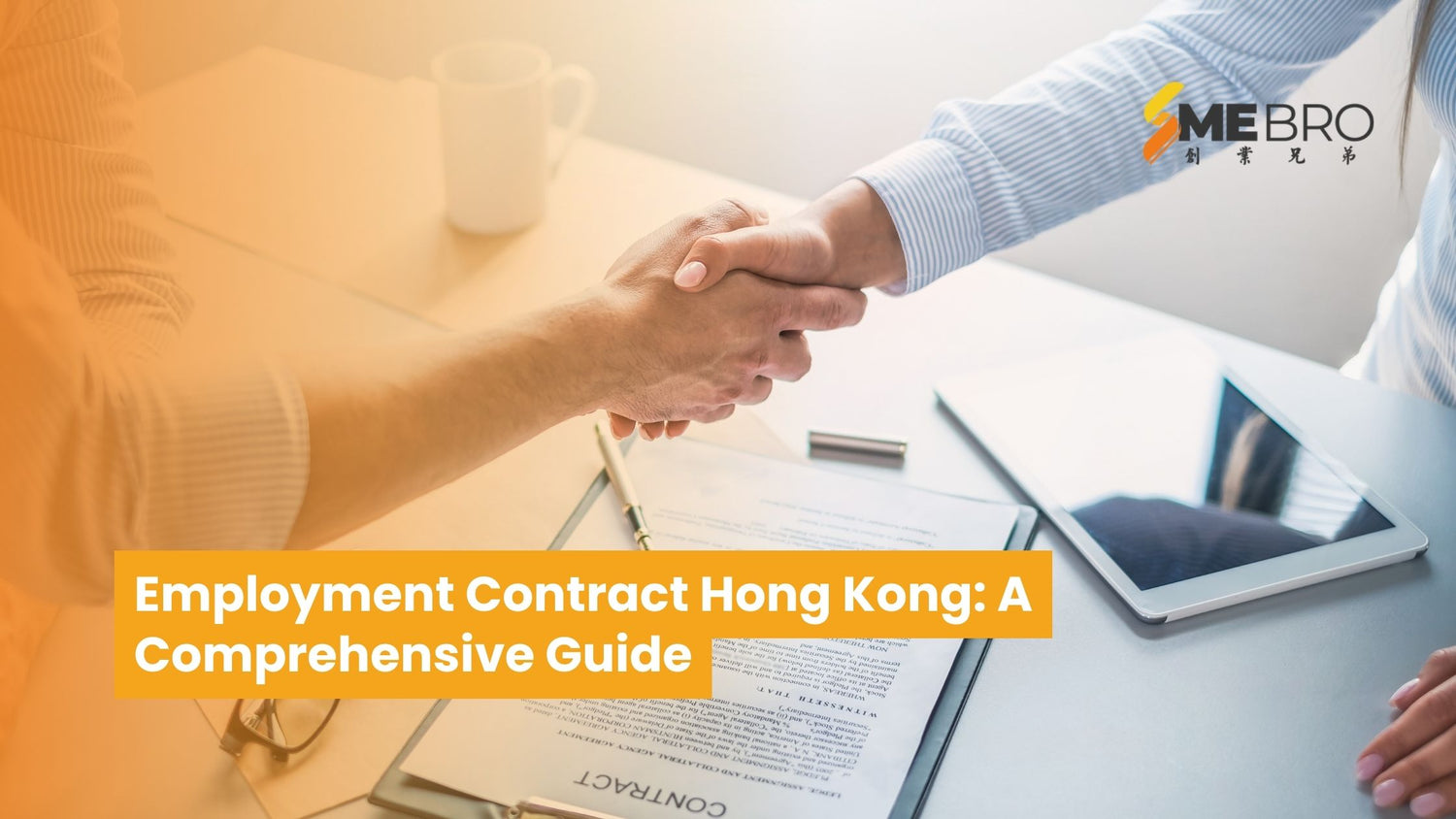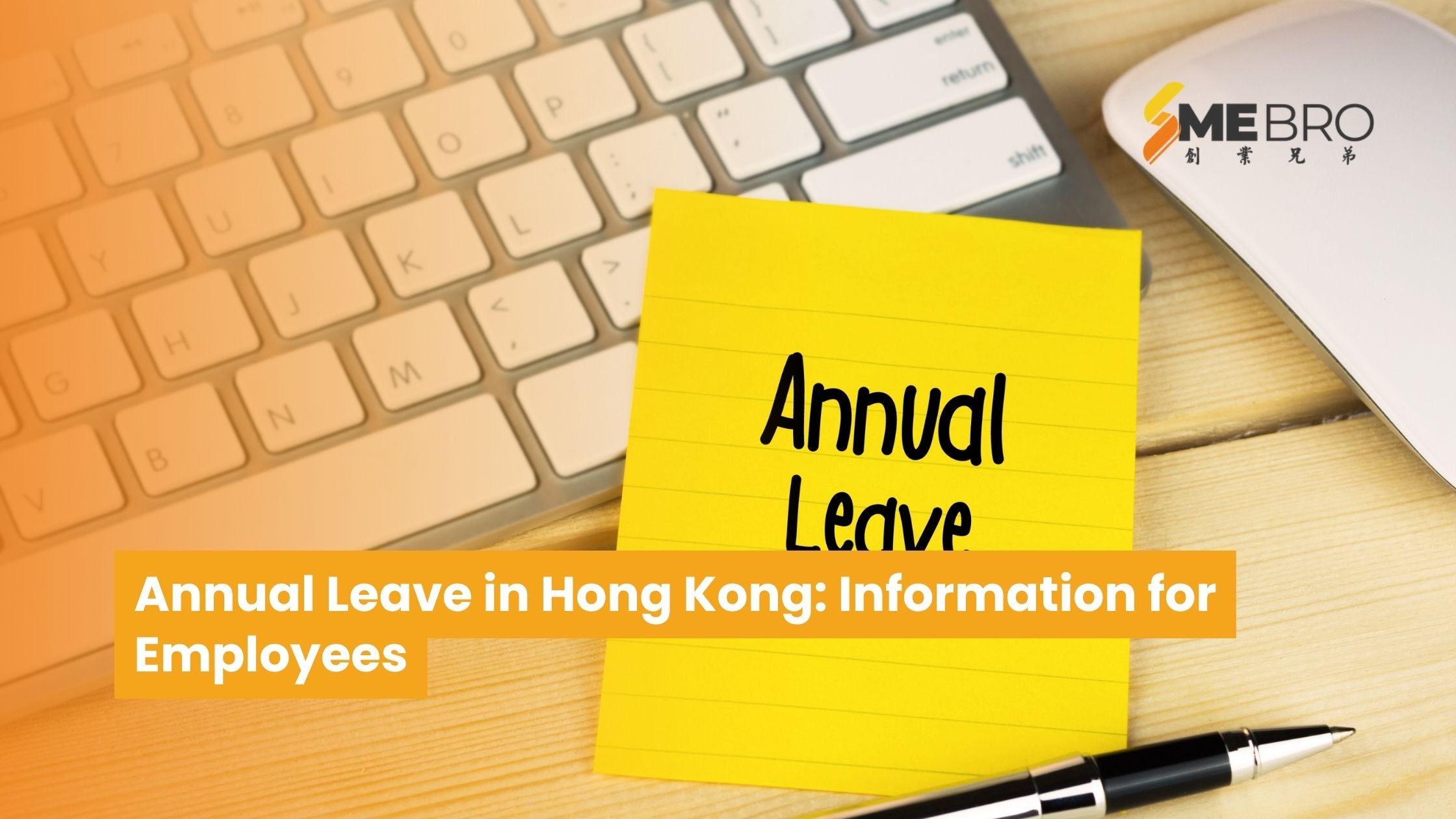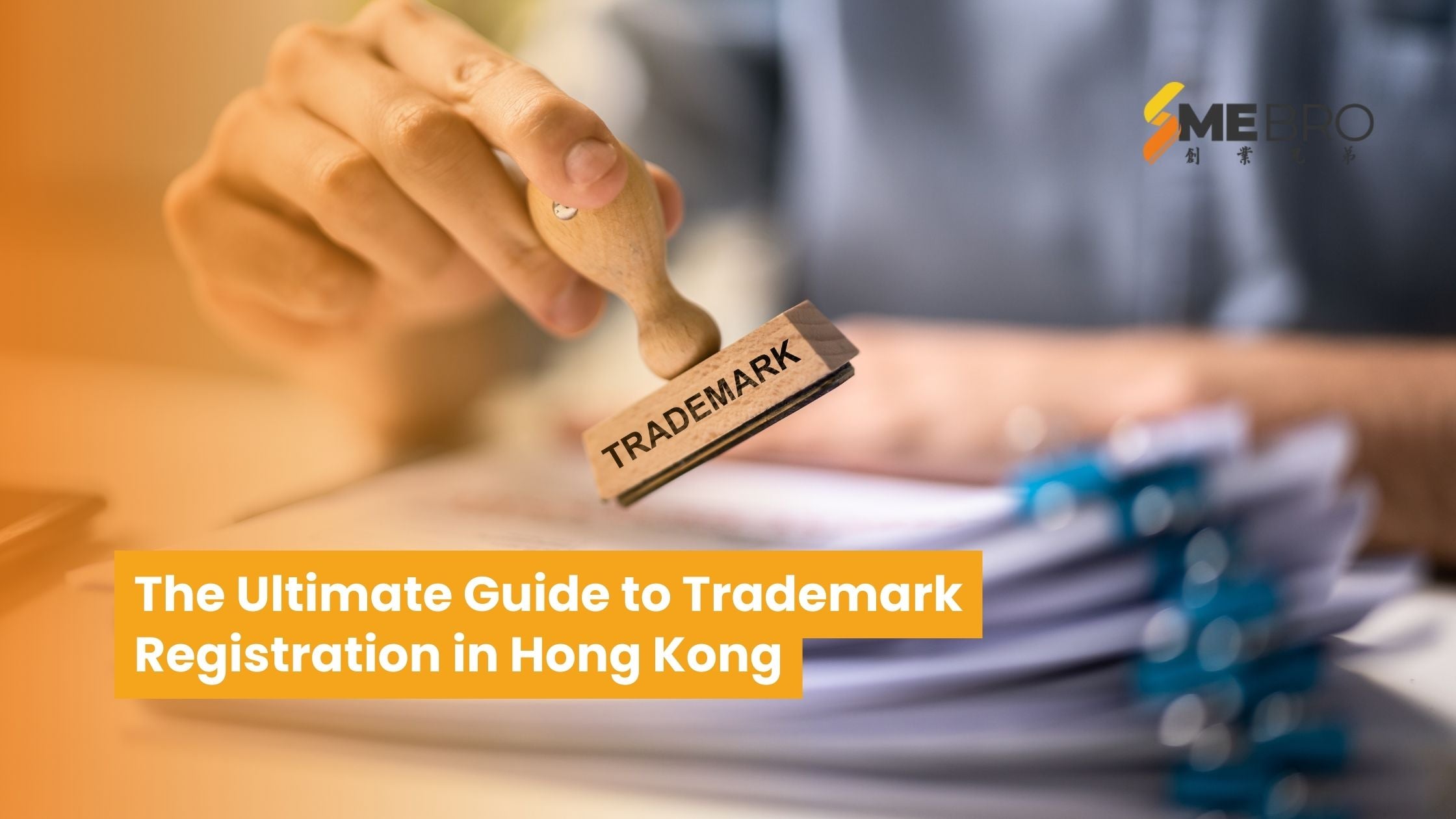Navigating the world of employment contract in Hong Kong doesn't have to be overwhelming. Whether you're a seasoned professional or just starting your career, understanding the intricacies of these agreements is crucial for a smooth and fulfilling work experience.
Let's break down the key elements of employment contract in Hong Kong, ensuring you're well-informed and empowered in your professional journey.
Key Components of a Hong Kong Employment Contract
Your employment contract serves as a detailed guidebook for your professional journey in Hong Kong. Let's delve into the key components you'll typically find within these agreements:
1. Key Parties
This section clearly outlines the parties involved in the contract. It identifies you, the employee, with your full legal name and contact information, and the employer, with the company's official name and registered address.
2. Job Title and Description
Think of this as your professional snapshot. It details your official job title within the company, a comprehensive description of your duties and responsibilities, and any specific qualifications or skills required for the role.
3. Commencement Date and Probationary Period
This section marks the official start of your employment and may include a probationary period.
This trial period typically lasts for a few months and allows both you and the employer to assess if the arrangement is a good fit.
4. Compensation and Benefits
This is where the details of your remuneration package are laid out. It includes your base salary, how often you'll be paid (monthly, bi-weekly, etc.), and any potential bonuses or commissions you might be eligible for.
Additionally, this section covers benefits such as health insurance, retirement plans, stock options, and other perks.
5. Working Hours and Leave
This section outlines your standard working hours, including the days and times you're expected to be at work. It also details overtime policies, rest days, and the various types of leave you're entitled to.
This includes annual leave, sick leave, statutory holidays, maternity/paternity leave, and any other leave provisions specific to your company or industry.
6. Termination and Notice Period
While no one wants to think about the end of a job, it's important to understand the terms of termination.
This section outlines the circumstances under which either you or the employer can end the contract, along with the required notice periods. It may also cover severance pay and other relevant details.
7. Confidentiality and Non-Compete Clauses (If Applicable)
In some cases, your contract may include clauses that protect the company's confidential information or restrict your ability to work for a competitor for a certain period after leaving.
These clauses are more common in industries where sensitive information is shared.
8. Governing Law and Dispute Resolution
This section clarifies that the contract is governed by Hong Kong law and may outline procedures for resolving any disputes that might arise between you and the employer.
How to get a Hong Kong Work Visa for Foreigners
By understanding these key components, you'll gain a clear picture of what your employment entails and be better equipped to negotiate a contract that aligns with your professional goals.
Types of Employment Contract in Hong Kong
In Hong Kong, the landscape of employment contract in Hong Kong is diverse, offering flexibility to both employers and employees. Let's explore the main types you're likely to encounter:
1. Indefinite Term Contracts (Continuous Contracts)
These contracts, also known as continuous contracts, are the most common in Hong Kong. They don't have a predetermined end date, meaning your employment continues indefinitely until either you or the employer decides to terminate it.

This type of contract typically offers greater stability and often comes with additional benefits and protections under Hong Kong law.
2. Fixed-Term Contracts
As the name suggests, these contracts have a specific end date agreed upon from the outset. They are often used for project-based work, seasonal employment, or temporary positions where the duration of work is known in advance.
It's important to note that if a fixed-term contract is renewed repeatedly, it might be considered an indefinite term contract under certain circumstances.
3. Part-Time Contracts
These contracts are designed for employees who work less than the standard full-time hours.
They can be either indefinite or fixed-term. Part-time employees are generally entitled to the same benefits as full-time employees on a pro-rata basis, meaning their benefits are calculated proportionally based on the number of hours they work.
4. Consultancy Agreements
These agreements are typically used when a company engages an individual or firm to provide specific expertise or services.
While not technically employment contracts, they outline the terms of the engagement, including the scope of work, payment terms, and confidentiality provisions.
5. Traineeship or Apprenticeship Contracts
These contracts are designed for individuals who are learning a trade or profession. They often include provisions for training and mentorship, and the terms may differ from standard employment contracts.
Conclusion
Understanding your employment contract in Hong Kong is empowering. It equips you with the knowledge needed to confidently navigate your professional life and advocate for your interests.
By being well-informed and proactive, you'll set the stage for a rewarding and successful career in this dynamic city.



